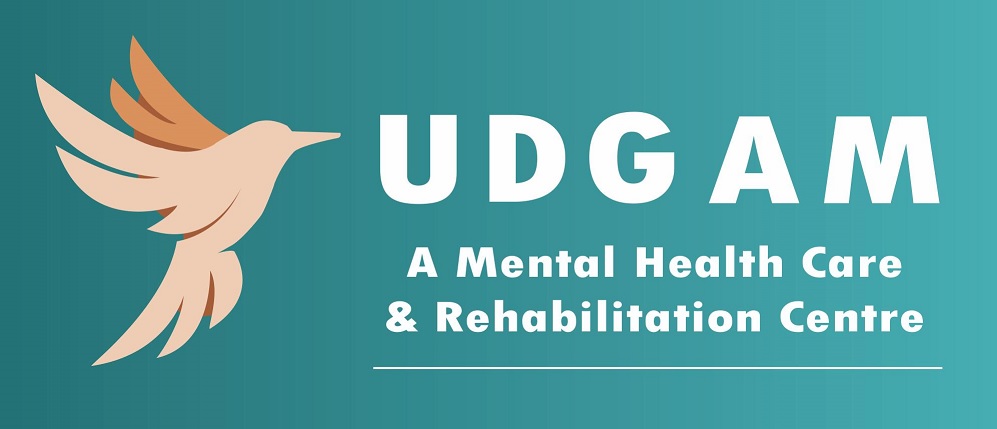
What is ADHD?
- It is a common condition that is present from early childhood, affecting the brain development and is therefore called as a neuro-developmental disorder.
- It is also known as hyperkinetic disorder, affect boys more than girls.
- The symptoms of this, especially from the behaviour can be identified even earlier than 5 years of age and the symptoms may continue through adulthood.
- Although the symptoms can be observed by parents, family and teachers, however the diagnosis of ADHD needs to be done by a Psychiatrist, Clinical Psychologist, Neurologist or a Developmental Paediatrician.
- In many cases, these symptoms may not get diagnosed at an early age but may be more noticeable in adolescence or even in adulthood.
How to recognise the symptoms?
- Difficulty in maintaining attention while doing most activities
- Excessive energy and over-activity (difficulty in sitting in one place, squirming, fidgeting)
- Both the above symptoms should be easily observable in more than one situation (eg. Home, school, clinic etc)
- Frequently losing or forgetting things (due to inattention)
- Difficulty in completing tasks, homework etc. and moving from one activity to another by quickly losing interest in the previous activity
- Being impulsive meaning doing something without thinking about the consequences, and therefore may be prone to accidents, rule breaking etc
Possible Causes
- Currently the exact reasons that cause ADHD is still unknown
- However current research have identified the role of genetics in causing this. Therefore the chances of this disorder occurring in the new generation (child) is higher if the previous generation (parents, grandparents) have been diagnosed with it.
- Exposure to Lead, alcohol or tobacco during pregnancy may also
- Premature birth or low birth weight
Management for ADHD
- There is no cure for ADHD, to completely remove all the symptoms of ADHD.
- This disorder remains for the life time, BUT treatment and psychological intervention can significantly improve the functioning and quality of life of the child.
- The medications can help in managing the hyperactivity and improve attention concentration to a significant level.
- The psychotherapy can help the in enhancing attention, reducing impulsivity and other emotional difficulties that is experienced by a child with ADHD.
ADHD care at UDGAM
Step 1: Trained and experienced Psychiatrist and Clinical Psychologists to conduct diagnostic assessments for ADHD.
Step 2: Consultation with a Qualified Psychiatrist in both online and in-person mode.
Step 3: Well researched intervention programs by Clinical Psychologists trained in interventions for ADHD.
Step 4: Parent training and counselling to help parent cope and develop skills to manage Autism
Step 5: Special educators provide need based intervention to help the child strengthen his/her weaknesses


